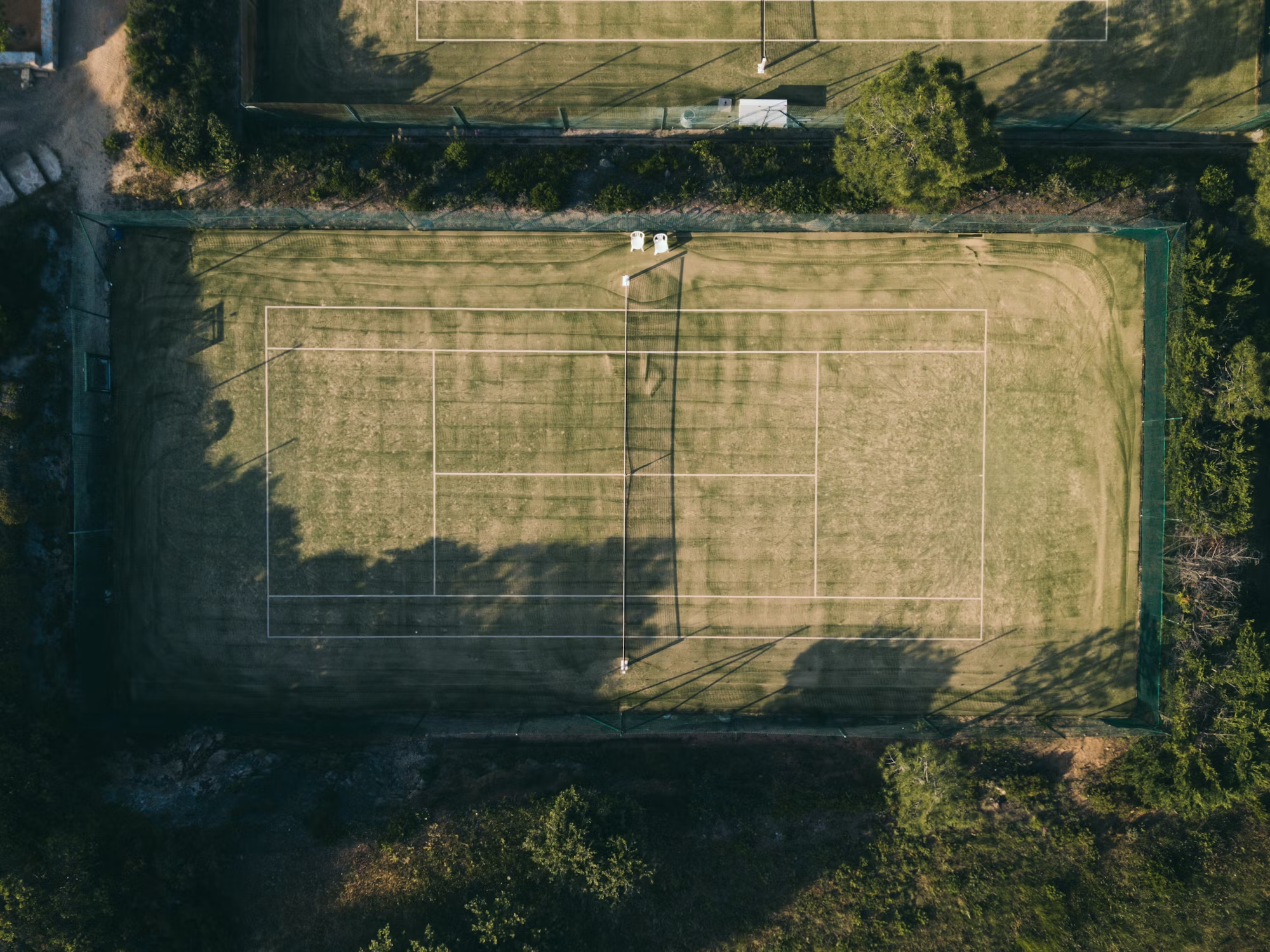In the world of sports, the concept of teamwork is paramount. While individual skills are important, it is the collaboration between players that ultimately determines a team’s success. Building a winning team involves understanding the dynamics of collaboration, fostering effective communication, and implementing strategies that enhance group performance. This article delves into the key components of teamwork in sports, examining how successful teams operate and what sets them apart.
Teamwork begins with a shared vision. A successful team must have a clear understanding of its goals and objectives. This shared vision serves as a foundation for collaboration, as players work together towards a common aim. When team members understand their roles within this framework, they can align their efforts and contribute more effectively. Coaches play a crucial role in communicating this vision, ensuring that each player knows not only their individual responsibilities but also how they fit into the larger picture.
Effective communication is essential for successful teamwork. Players must be able to convey information clearly and listen to one another. This two-way communication fosters trust and allows for real-time adjustments during games. For instance, in basketball, players need to communicate about defensive assignments, offensive plays, and any changes in strategy. Clear and concise communication can prevent misunderstandings that could cost the team valuable points.
Collaboration extends beyond verbal communication. Non-verbal cues, such as eye contact, gestures, and body language, also play a vital role in team dynamics. Players who understand each other’s non-verbal signals can anticipate each other’s actions, enhancing their coordination on the field or court. This synergy often translates into a more fluid and effective performance, allowing teams to execute complex plays with precision.
In addition to communication, mutual respect among team members is crucial. Players must value each other’s contributions, recognizing that everyone has unique strengths and abilities. This respect creates an inclusive environment where individuals feel empowered to share their ideas and suggestions. When players support one another and celebrate each other’s successes, it fosters a positive team culture that can lead to improved performance.
A strong sense of accountability also enhances teamwork. Players should hold themselves and each other accountable for their actions and performance. This accountability creates a culture of responsibility, encouraging individuals to put forth their best effort for the team. Coaches can reinforce this culture by setting high expectations and providing constructive feedback. When players understand that their actions impact the team’s success, they are more likely to strive for excellence.
One of the key aspects of effective teamwork is the ability to adapt to different situations. In sports, challenges are inevitable, whether they come in the form of a tough opponent, adverse weather conditions, or injuries. Successful teams are those that can quickly adjust their strategies and tactics to meet these challenges head-on. This adaptability is rooted in trust; players must trust each other’s abilities and decisions, knowing that everyone is working towards the same goal.
Teamwork is also about celebrating diversity. Each player brings unique skills, perspectives, and experiences to the team. Embracing this diversity can lead to innovative strategies and solutions that may not have been considered otherwise. For example, a soccer team composed of players from various backgrounds can draw on a wide range of playing styles and techniques, making them more versatile and unpredictable on the field.
The role of the coach in fostering teamwork cannot be overstated. Coaches are not only responsible for developing strategies and training regimens but also for creating a team culture that emphasizes collaboration. They must cultivate an environment where players feel safe to express themselves, make mistakes, and learn from each other. Coaches can facilitate team-building activities that promote bonding, trust, and camaraderie, which are essential for effective teamwork.
Moreover, the development of leadership skills within the team is critical. While coaches lead from the sidelines, players should also emerge as leaders on the field. Leadership can manifest in various forms, from a player motivating their teammates during challenging moments to someone taking the initiative to address conflicts within the group. Encouraging leadership among players empowers them to take ownership of their roles and contribute positively to the team’s dynamics.
As teams develop, they often go through stages of group development. According to Bruce Tuckman’s model, these stages include forming, storming, norming, performing, and adjourning. Understanding these stages can help teams navigate challenges and enhance their collaboration. During the forming stage, team members get to know each other, while in the storming stage, conflicts may arise as personalities clash. Successful teams work through these challenges, establish norms, and ultimately reach a performing stage where collaboration is seamless.
Ultimately, the success of any sports team hinges on its ability to work together. The most successful teams are those that prioritize collaboration, communication, and respect among players. These elements create a strong foundation for achieving goals, whether winning championships or simply enjoying the game. As players develop their teamwork skills, they not only become better athletes but also learn valuable life lessons about cooperation and commitment.
In conclusion, building a winning team in sports requires a commitment to collaboration and effective communication. By fostering a culture of respect, accountability, and adaptability, teams can navigate challenges and achieve their goals. Coaches play a crucial role in guiding this process, helping players develop leadership skills and a shared vision. As athletes embrace the principles of teamwork, they not only enhance their performance on the field but also build lasting relationships that extend beyond sports. The art of collaboration in sports is not just about winning; it’s about the journey and the connections formed along the way.
